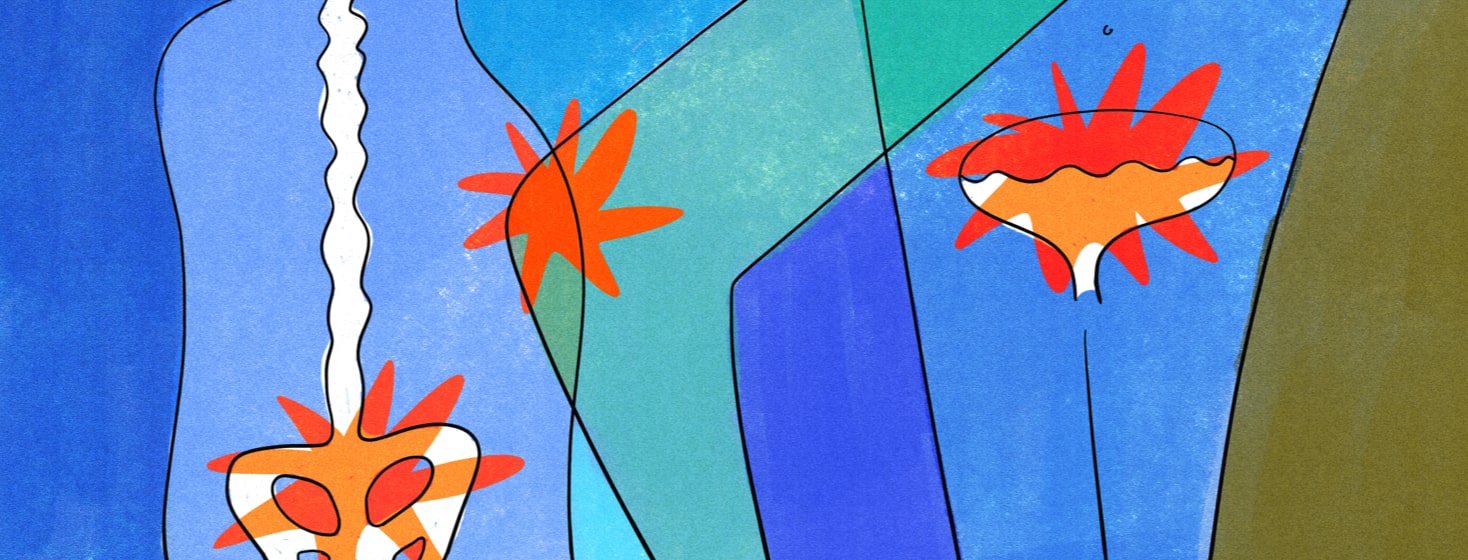Community Views: Pain With Prostate Cancer
No one expects prostate cancer to be easy. Nor does anyone truly know what to expect when starting their battle with prostate cancer. There can be pain during procedures and pain afterward. It can vary from person to person, but some pain experiences are more common across the community.
To find out the most common sources of pain for the community, we reached out on the ProstateCancer.net Facebook page. We asked, “What types of pain have you experienced during your prostate cancer journey?”
More than 40 community members responded. Here is what they shared.
Pain during biopsies
Sadly, stories of doctors performing biopsies without making efforts to prevent pain are all too common. It is worth asking your doctor ahead of time how they handle patient pain during a biopsy. Local anesthesia to numb the area can make a world of difference.
“Biopsy with no pain management. In fact, when the ordeal was over, I asked a nurse if they had any Tylenol or similar because I was in excruciating pain. I only got a blank stare.”
“A lot of gentlemen did not have any pain management for the biopsy. I did not either.”
Bladder pain and spasms
Many people commented on how radiation therapy tends to irritate the bladder. It also causes swelling, which means if you had any feeling of needing to pee before the procedure, it may be made worse during it. This may be something to discuss with your doctor before your next treatment.1
Another kind of pain that can arise after treatment is bladder spasms. Prostate cancer treatments can damage the nerves and muscles that you use when peeing. This can cause leaking.1
One fix for this is to wear absorbent pads and pants, as well as tighter-fitting underwear, until you regain control of your bladder. Pelvic floor physical therapy can help as well.1
“I could talk about holding your urine while getting radiation. Especially the first time. They put a warm towel over me. Never did that again.”
“The 'full bladder' for the radiation therapy. Treatments were not that painful but it sure was uncomfortable.”
“Bladder spasms are no fun either.”
Post-surgery back pain
Several people shared that they experienced back pain after prostate cancer surgery and after getting hormone injections. This can be a temporary post-surgery side effect. However, if this symptom lingers, it is best to discuss it with your doctor. Intense back pain can be a sign that the prostate cancer has advanced.2
“The most pain I endured was the horrible back pain from the Lupron and Abiraterone I was on for 8 months.”
“After the surgery, I had back pain.”
Leg and joint pain
It is common for pain affecting the prostate to travel not only to the back but also to the limbs. Many people in the community shared that they had soreness in their joints as well as pain and swelling in their legs.2
“I am being treated by pills and injections every 3 months. I deal with fatigue and joint soreness.”
“At 1 month post radical prostatectomy, I had excruciating pain in the right upper leg near my hips. Also left leg swelling. I am anxious to get a treatment plan that will reduce leg swelling and eliminate the pain.”
Bowel sensations
During radiation therapy, some people are given SpaceOAR Hydrogel, which creates space between the prostate and rectum. This is meant to make the procedure more comfortable and help decrease long-term side effects that affect sexual and urinary health.3
However, some people reported that, in the short term, it causes an uncomfortable feeling. They describe a sensation of needing to have a bowel movement.
“The SPACEOar made me feel like I had to poop constantly for about a week and a half.”
We want to say thank you to everyone who shared their thoughts for this story. It is our hope that members of the community know they are not alone in having these experiences.

Join the conversation